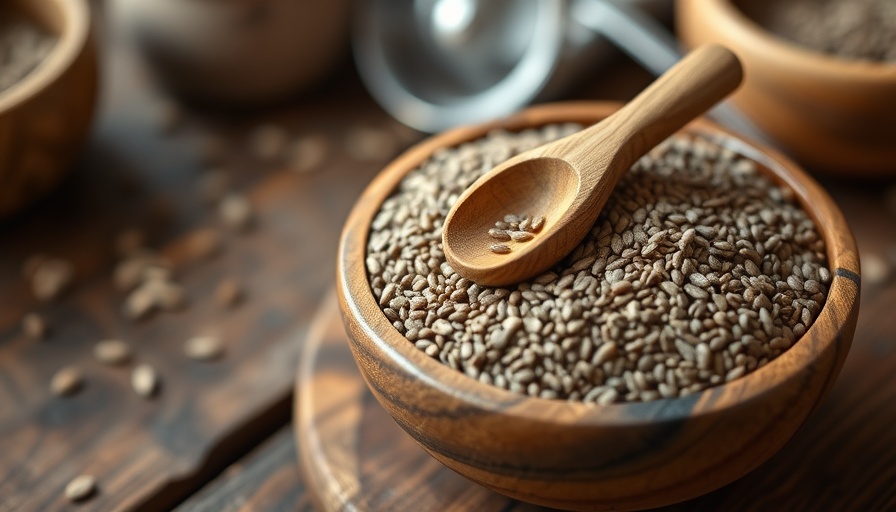
Unraveling the Mystery of Chia Seeds and Blood Pressure
Chia seeds, tiny but mighty, are becoming increasingly popular among health enthusiasts, and for good reason. These tiny seeds are a powerhouse of nutrients and have been linked to various health benefits, including improved blood pressure levels. But what exactly happens when you integrate chia seeds into your diet? Let’s explore this fascinating subject!
Rich Nutritional Profile of Chia Seeds
Often labeled as a superfood, chia seeds boast a rich nutritional profile that can support a heart-healthy diet. These seeds are packed with healthy fats, particularly omega-3 fatty acids, which are known to reduce inflammation and support cardiovascular health. In fact, research indicates that a diet rich in omega-3s can help lower blood pressure, a crucial factor for many individuals aiming for better heart health.
The Connection Between Chia Seeds and Heart Health
Consuming chia seeds regularly can benefit those managing their blood pressure levels. With their high fiber content, chia seeds can help regulate blood sugar spikes and improve overall gut health, further contributing to better cardiovascular outcomes. In addition, their antioxidant properties are beneficial in combating oxidative stress, which plays a role in heart disease development.
Incorporating Chia Seeds into Your Daily Routine
Finding creative ways to include chia seeds in your meals can be a fun and healthy endeavor! You can sprinkle them on salads, blend them into smoothies, or even use them to create healthy desserts. Similarly, chia seed pudding, made with your choice of milk or dairy alternatives, can serve as a nutritious snack or breakfast option.
Simple Ways to Enhance Your Diet
Pairing chia seeds with other nutrient-rich foods can elevate your meals even further. In addition to chia, consider including leafy greens high in potassium, such as spinach, which can also contribute to healthy blood pressure levels. Together, these ingredients create a delicious synergy that supports heart health and overall well-being.
Ready to start incorporating chia seeds into your routine? As you discover the world of nutrient-dense and functional foods, let us guide you on your journey toward better health! Call us at 984-238-6164 or email us at tom@mywellnesstrain.com to learn more about holistic nutrition.
 Add Row
Add Row  Add
Add 




Write A Comment